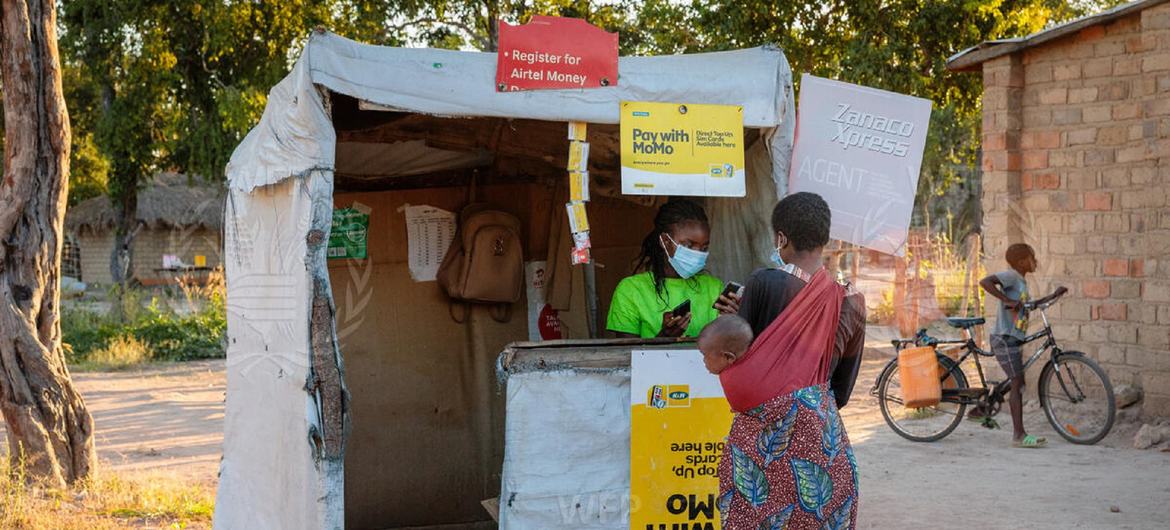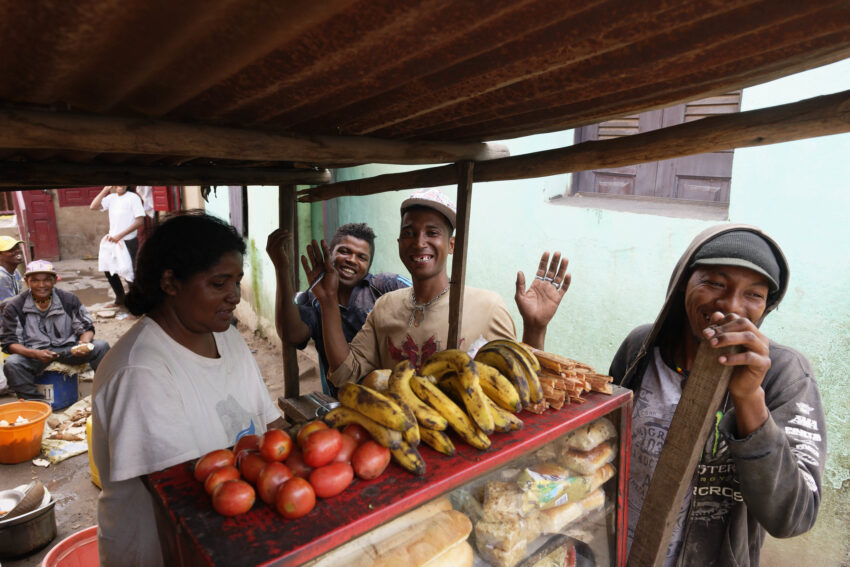People living in extreme poverty, many of whom work in the informal economy – unregistered, unrecognised and unprotected under labour legislation – face difficult and dangerous conditions. The most excluded have no choice but to accept unacceptable situations and are often seen and treated as ‘disposable’. Despite working long hours, they are unable to earn enough to support themselves and their families. The International Labour Organisation (ILO) estimates that almost two thirds of the world’s working population, over two billion people, are informal workers with Latin America and sub- Saharan Africa having the highest levels of informality.
In 2020, only 46.9 percent of the global population were effectively covered by at least one social protection benefit, leaving more than half of the world’s population wholly unprotected. Informal work is also present in high income countries especially among the marginalised and undocumented workers. And even those who have access to social protection often suffer from the stigma and control that come with it. For the people experiencing persistent poverty, their lack of decent working conditions and respectful social protection creates insecurity that denies them to take charge of their lives and exposes them to exploitation, humiliation and feelings of futility preventing them from participating fully in their communities. Over the next decade, the World Bank estimates that one billion young people will try to enter the job market, but less than half of them will actually find formal jobs.

People directly impacted by extreme poverty will face discrimination, unable to obtain decent work because of their socioeconomic status, lower levels of education and training received as well as the stigma attached to being poor. UNICEF estimates that in the least developed countries, slightly more than one in four children (ages 5 to 17) are engaged in labour that is detrimental to their health and development, jeopardising the possibility to ever lift themselves and their families out of poverty. Discrimination is also felt by women, who according to the ILO form 58% of the informal labour force.
